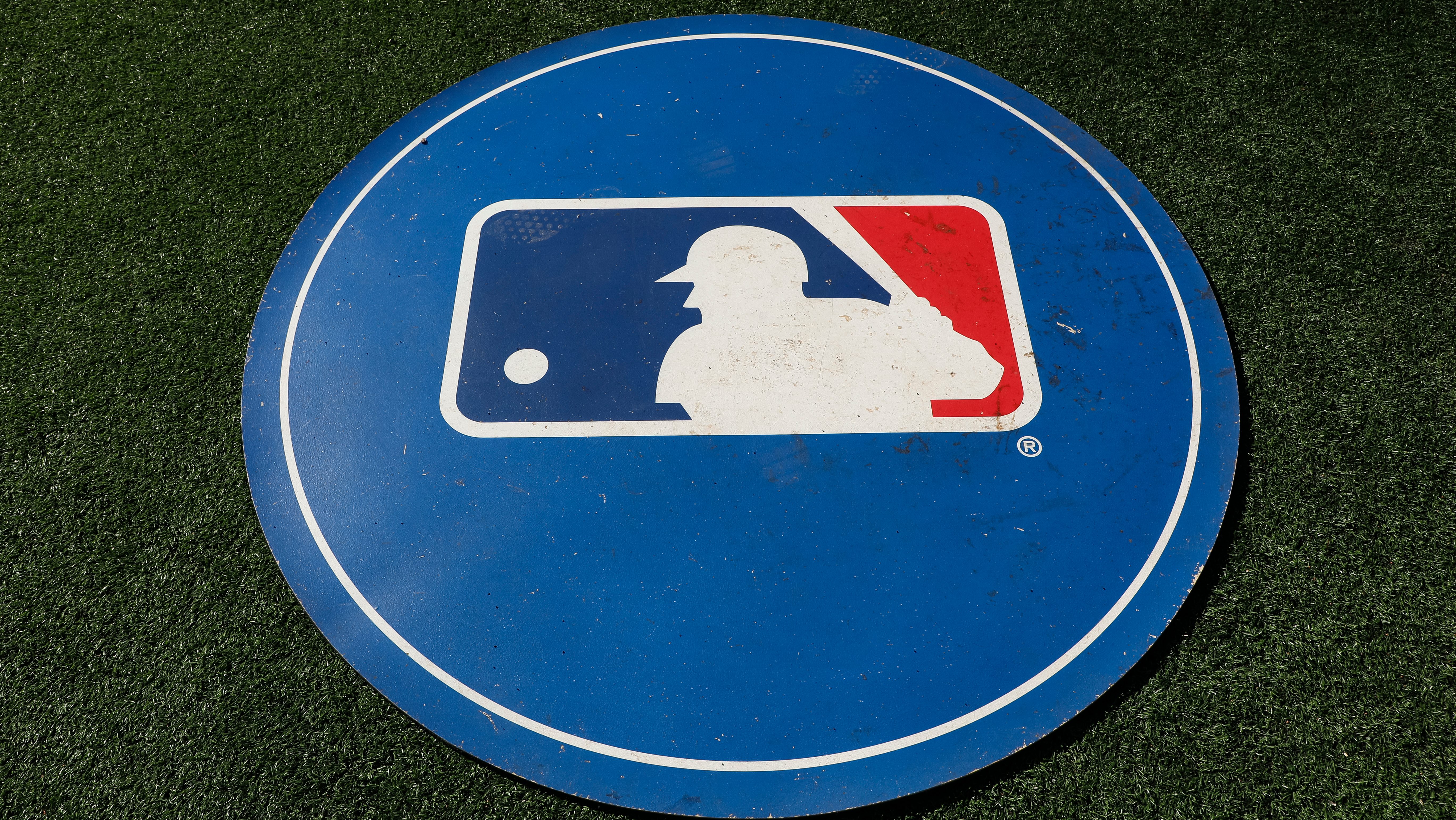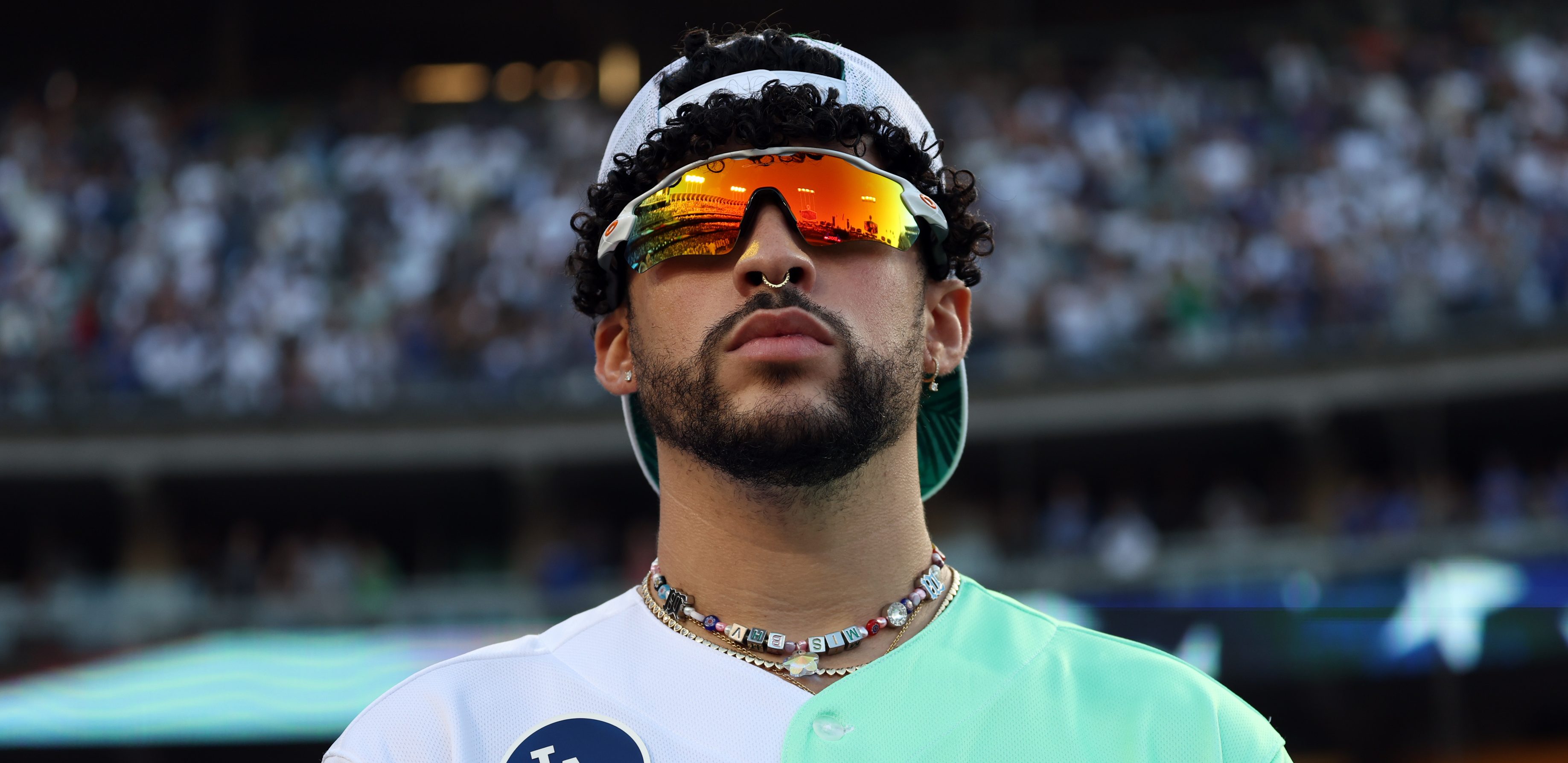
Chairman Tom Ricketts personally encouraged his scouts to be aggressive last summer and close in on players who had leverage and were perceived to be difficult to sign. The Cubs wound up spending a franchise-record 12 million in the draft.
There was an optimistic sense around the organization (most didnt know at the time that Jim Hendry had already been fired): Hope we can do it again next year.
The commitment from ownership is still there. Theo Epstein left Boston for the chance to build something from the ground up on the North Side. But the rules of engagement have changed with the unveiling of a new collective bargaining agreement that will run through the 2016 season.
Commissioner Bud Selig sat side-by-side with Major League Baseball Players Association executive director Michael Weiner at Tuesdays news conference in New York. They took a victory lap on the 29th floor of MLBs Park Avenue headquarters.
By the end of this contract, the two sides will have gone 21 years without a strike or a lockout. It will have a direct impact upon the Cubs.
Selig is still hopeful for two wild cards in each league in 2012, saying that March 1 is the deadline to decide. Epsteins vision is to have the Cubs playing annually in October, and getting there with homegrown players.
But this summer the Cubs will not be able to sign drafted players to major-league contracts, and each club will be assigned an aggregate signing bonus pool.
MLB
If a team goes up to 5 percent beyond that amount, there will be a 75 percent tax on the overage. If a team goes up to 10 percent, the same tax will apply and they will lose a first-round pick. Go beyond 10 percent and the penalty jumps to a 100 percent tax on the overage and the loss of multiple draft picks.
The Cubs have got creative in the past with Jeff Samardzija and Matt Szczur, paying them to give up their NFL ambitions. Under Epsteins leadership, the Red Sox were known for paying over slot and convincing football players to play baseball.
The agreement that was bargained leaves a lot of room for clubs to decide how much to pay for an individual player, Weiner said. The restraints are on aggregate spending, not individual spending, so if a club believes that its appropriate to make an offer that is necessary to sign a two-sport athlete, it will enable them to do that.
One unintended consequencesuggested independently by an agent and a general managercould be diluting the talent pool because the same financial incentives might not be there.
Selig predictably dismissed that theory: I have no concerns about that at all. Ive read that. Im trying to be kind enough, not my usual sarcastic or cynical self. I dont believe thats a possibility. The sport is on an upgrade at every level.
Scott Boras, the most powerful agent in the sport, got on a roll when the topic came up last week at the ownersgeneral manager meetings in Milwaukee.
The NBA (and) the NFL (have) 25 million offerings that go to student-athletes, Boras said. The NCAA has rigged the system to where the sport of baseball has been damned at the collegiate level. The other sports are drawing the great multi-sport athletes because they can offer full rides that baseball cant.
In the past, Cubs executives had also grumbled about how they were stuck in a six-team division. But the Astros will move to the American League West in 2013, creating a 15-15 split between the two leagues (and interleague play throughout the season).
Beginning in spring training, all players will be tested for HGH. Reasonable cause will trigger the blood test for a particular player throughout the year. Both Weiner and Rob ManfredMLBs executive vice president of labor relations and human resourcessee the possibility of in-season HGH testing during the course of the agreement.
The message weve been communicating to fans for a number of years, Weiner said, (is that) players and the owners jointly have an intolerance for use of performance-enhancing drugs.
But at this moment, the biggest takeaway from a Cubs perspective will be the changes to the draft and the international market.
Baseball America recently released its list of the top 10 Cubs prospect in the system, and three were high school players from the 2011 draft: Javier Baez; Dan Vogelbach; and Dillon Maples (who had already begun practicing with the University of North Carolina football team by the time he signed).
This certainly isnt the end of the world for the Cubs, because they will be pouring money into new facilities in Arizona and the Dominican Republic, plus what Epstein has called a vertically-integrated system of player development. And who knows how these changes might handcuff small-market franchises.
But while the NBA season appears to be disappearing, and the NFL had labor battles in court, this business is booming.
Nobody back in the 70s, 80s (or) early 90s, Selig said, would ever believe that we would have 21 years of labor peace.
There is a generation of baseball fans that never sat through a work stoppage and only knows that truce. If they ever see the Cubs win it all, it will likely be because of the investments made in the draft and the international market (plus tax).


